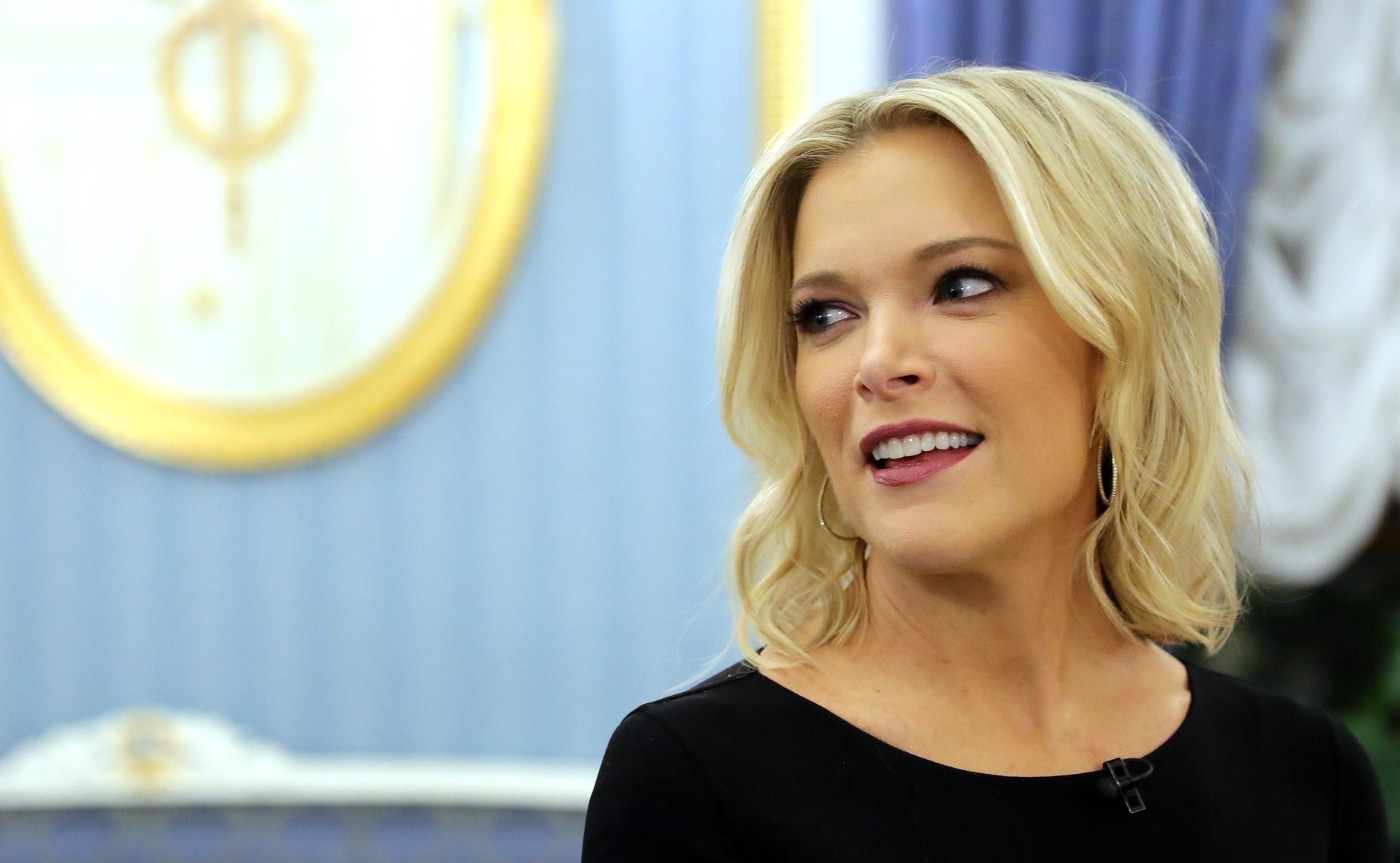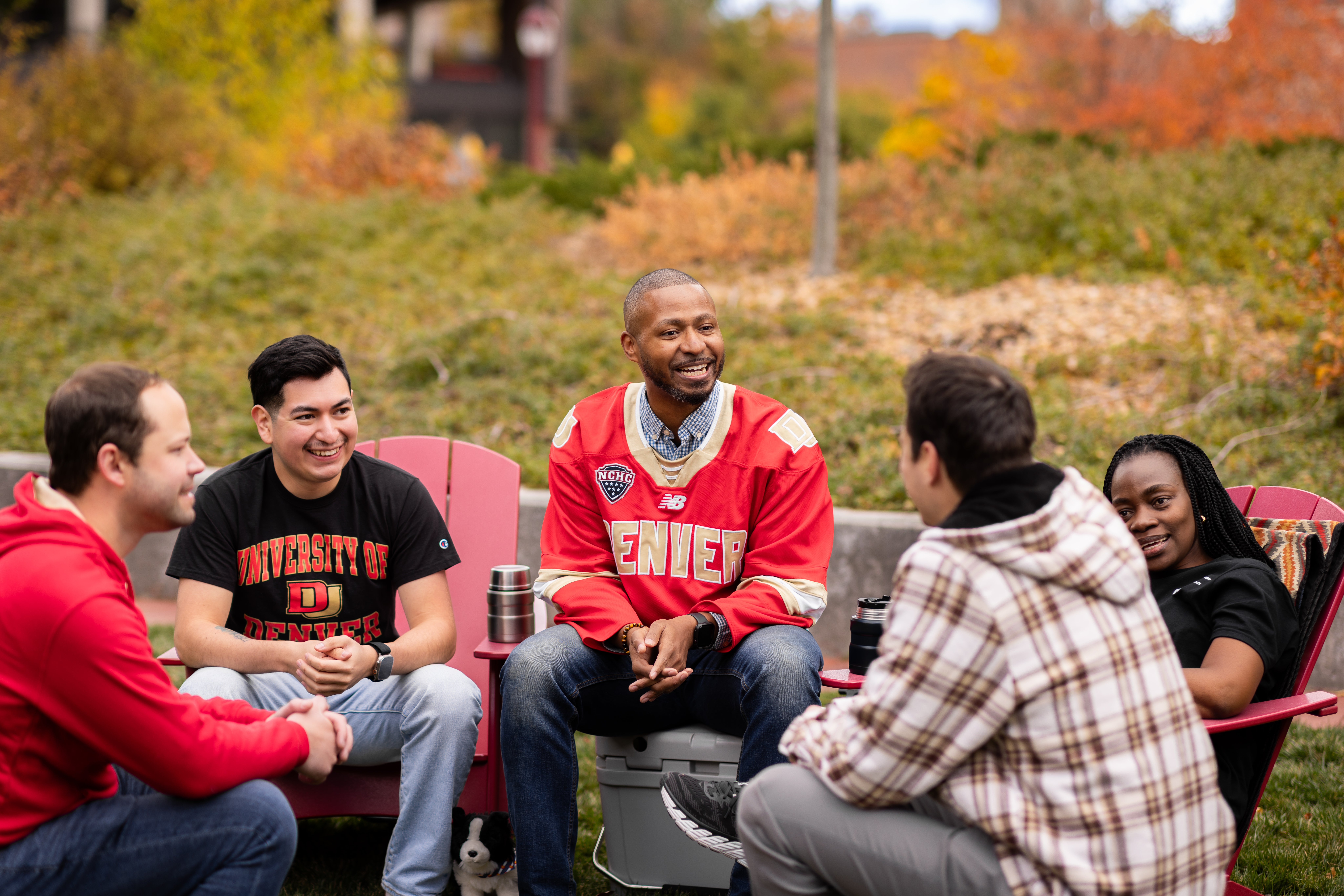Teaching Leaders to be Culturally Competent
The recent blackface controversy involving Megan Kelly brings to the public stage the unfortunate truth that most of us are, whether we know it or not, culturally incompetent. This is an insidious problem, always there, difficult to see — until it isn’t. But is being culturally incompetent the same as being racist? The irony of this story is that discussing “what is racist?” was in fact the topic Ms. Kelly was trying to address, albeit obviously it went spectacularly wrong. Yet in this failure lies an even greater lesson about identity, human development, and the respective journey we all take to become caring human beings. On this road, Megan Kelly is not alone.
Cultural Competence is not a Place but a Journey
Immediately after committing her horrendous error, Megan Kelly responded with an apology for her actions. While one can argue that this was the politically correct thing to do, there are indications that show a person who is moving along a continuum of personal growth from denial and polarization (that insidious space where most racism exists) to acceptance (where cultural proficiency can be learned).
She’s an educated person with a news background so there’s no way she is not informed on the issue.
In describing her actions, one author noted that Kelly had shown her true colors, while famed NBA legend Kareem Abdul Jabbar went a step further calling this a “hate crime-adjacent” act. “She should know better,” Jabbar noted, citing her education and time as a professional journalist. “She’s an educated person with a news background so there’s no way she is not informed on the issue. Which means she deliberately, without regard to the harm she would inflict on people of color, chose to pull out this old controversy.”
Of course we do not know what Kelly was genuinely feeling, nor can we dismiss her history of racially charged comments. But we do know that many people we would consider to be socially conscious, caring, even activist, commit similar mistakes every day. We mustn’t equate being an experienced anything, or a highly educated person as being synonymous with efficacy in cultural proficiency. Nor should we think that every person in minimization is a racist. In fact, in our work preparing highly educated, passionate educators the focus is precisely on admitting our blind spots and dealing with this head-on. For everyone this journey begins at a different time; for our leaders, it merely enters a new chapter with a personal inventory that asks them to deeply examine their behavior and commit to continuous self-reflection. Not surprisingly, even social justice warriors can initially land in denial and minimization. According to reports, over 90% of respondents overestimate their cultural competency.
We Need Room for Growth
It is important to distinguish between Kelly’s careless and ignorant actions and the outwardly racist display of some personalities or even the President of the United States. Promoting negative stereotypes based on ethnicity is the textbook definition of racism. Inciting fear of other groups because of their color, culture, or place of origin is racism. And doing this to win over one side is divisiveness at best and jingoism at worst. But Megan Kelly was not doing this. In fact, she was trying to be constructive, although clearly not in the right way.
We need to provide some room for growth for dialogue gone wrong. Certainly in private, but also in public venues. Perhaps more than ever, we need brave spaces where we can have courageous conversations in public. Holding a nationally televised discussion on blackface costume with an all-white panel is not that. It takes a lot of work — and expertise. Yet an implicit part of this work is allowing people to reveal their biases, sometimes publicly, and to talk about their shortcomings, together. Acceptance and forgiveness is at the heart of moving oneself and others along the continuum, individually or collectively.
Sometimes I talk, and sometimes I listen…and yesterday I learned. I learned that given the history of blackface being used in awful ways by racists in this country, it is not O.K.
The most important thing to examine is whether a person is willing to accept that they are in a stage of minimization or denial, and whether they see themselves as committed to growing in this area. To this, we observe Kelly’s words that “Back when I was a kid, that was O.K., as long as you were dressing up.” “Sometimes I talk, and sometimes I listen…and yesterday I learned. I learned that given the history of blackface being used in awful ways by racists in this country, it is not O.K.” To each her own in interpreting, and yes the bar is that low, but this seems miles apart from the backdrop of the racist rhetoric proliferating in our society from places of leadership.
Kareem Abdul Jabbar was right: Kelly should have known better. There is little disputing this. But she didn’t know better. So the question we must ask ourselves today is: What now? Whether you love her or hate her, Megan Kelly is on a journey to be a culturally proficient human being. We all are.



